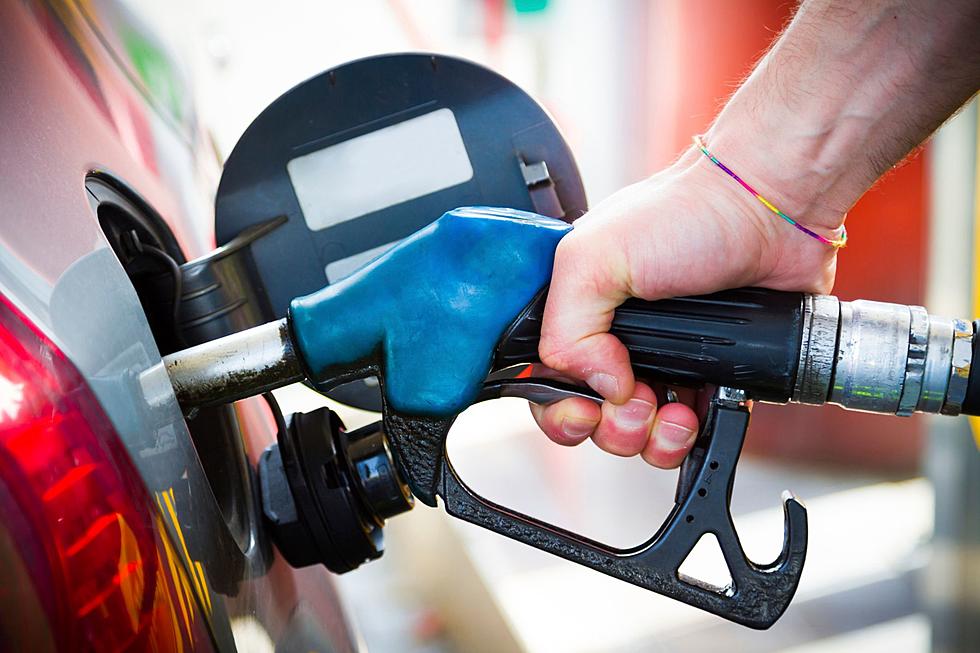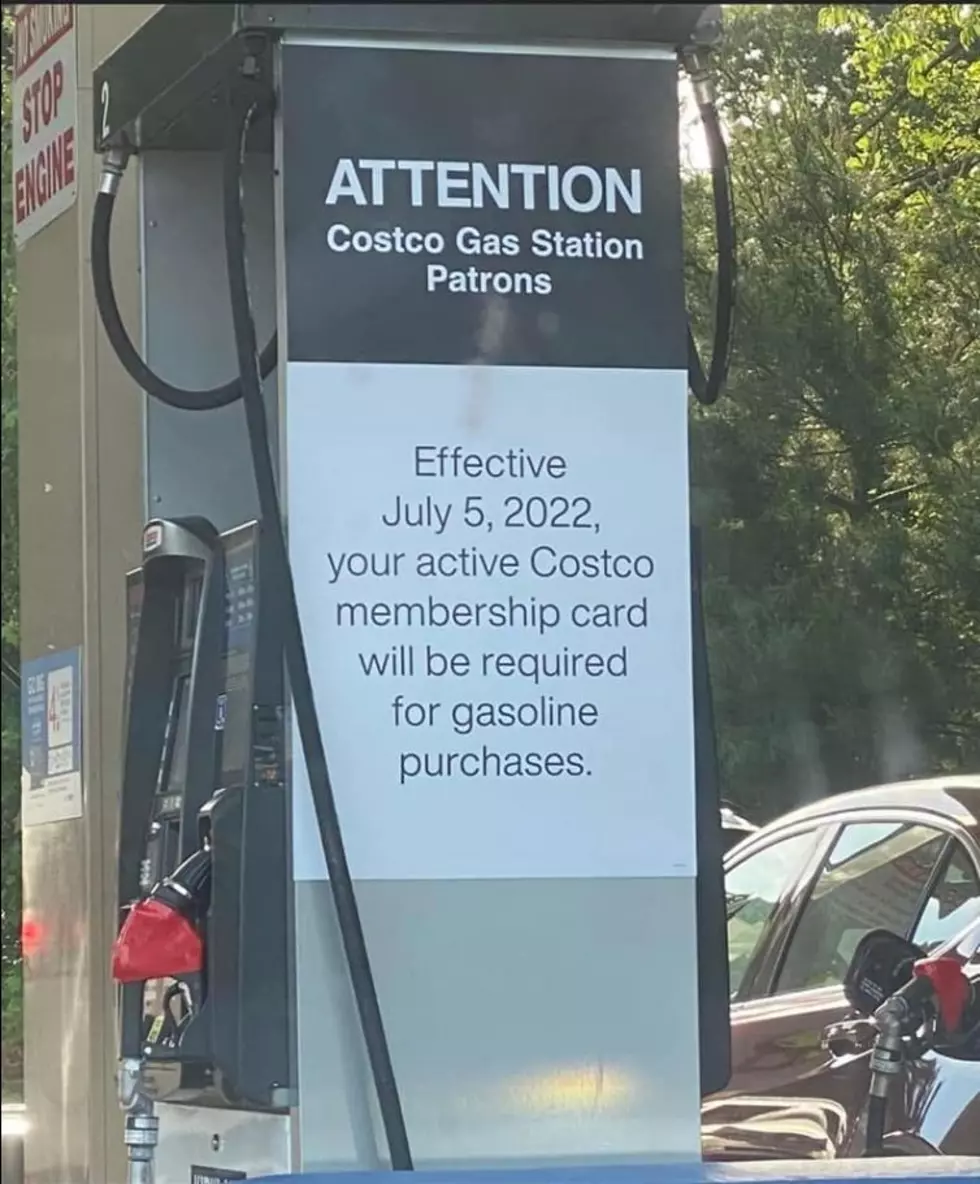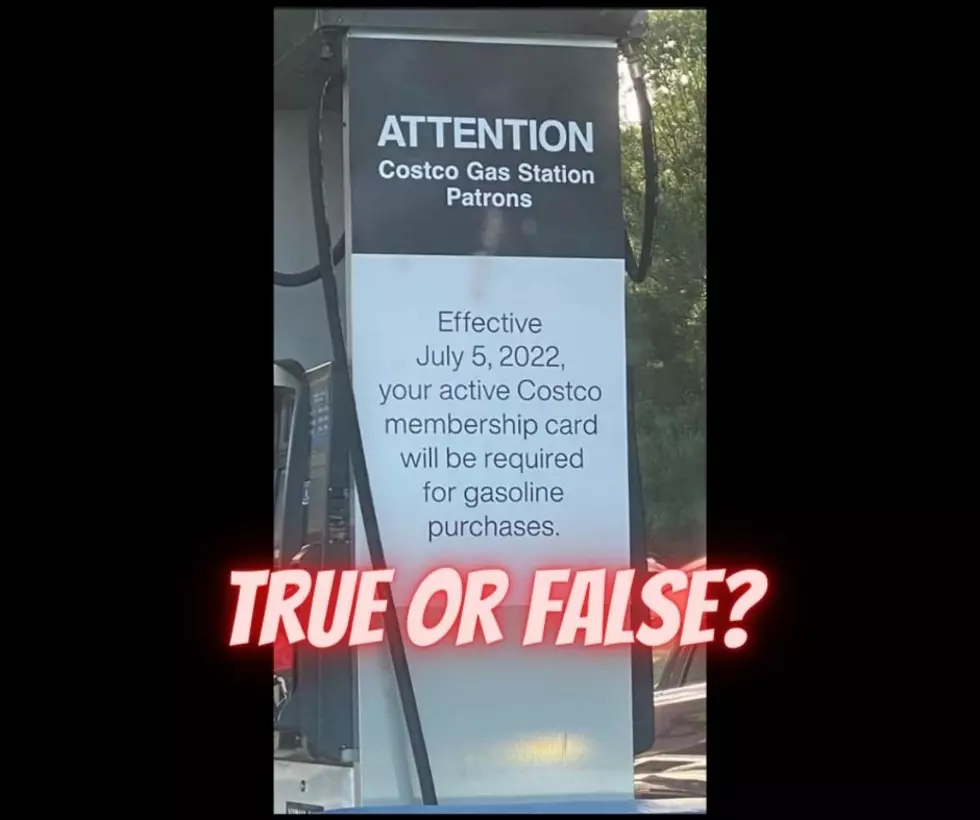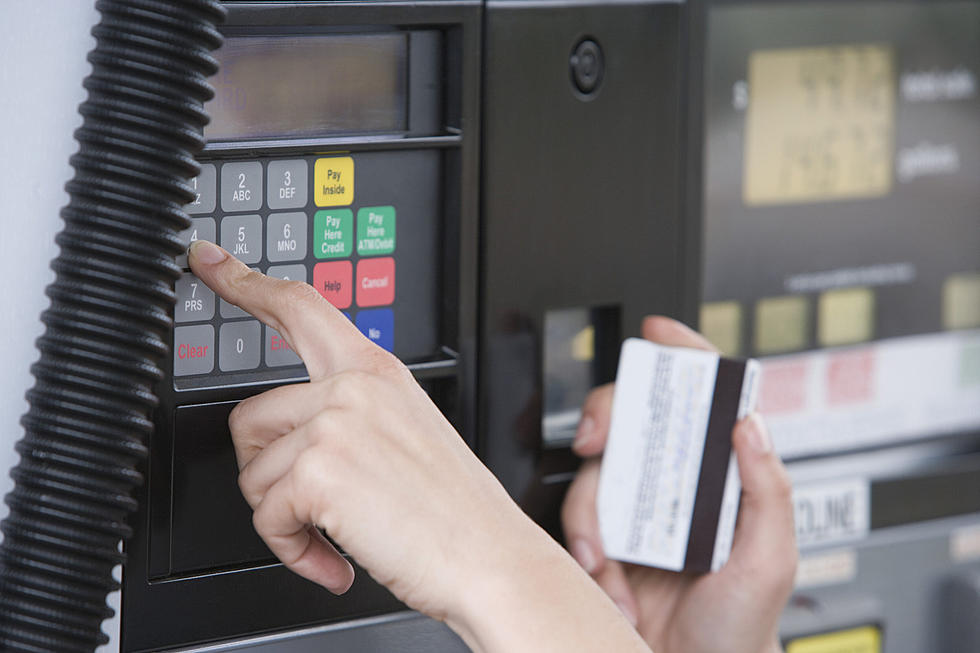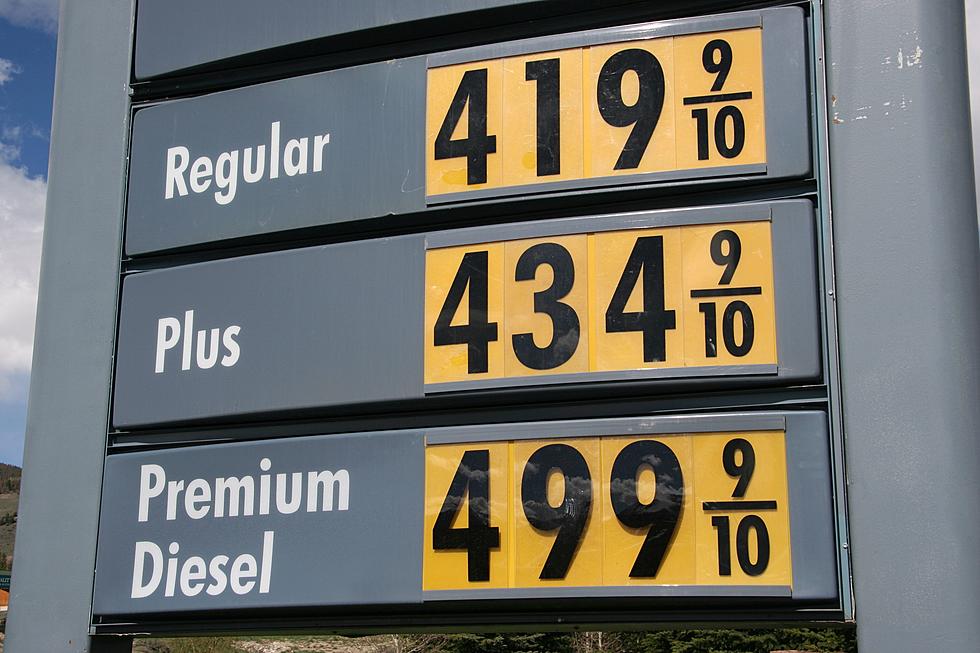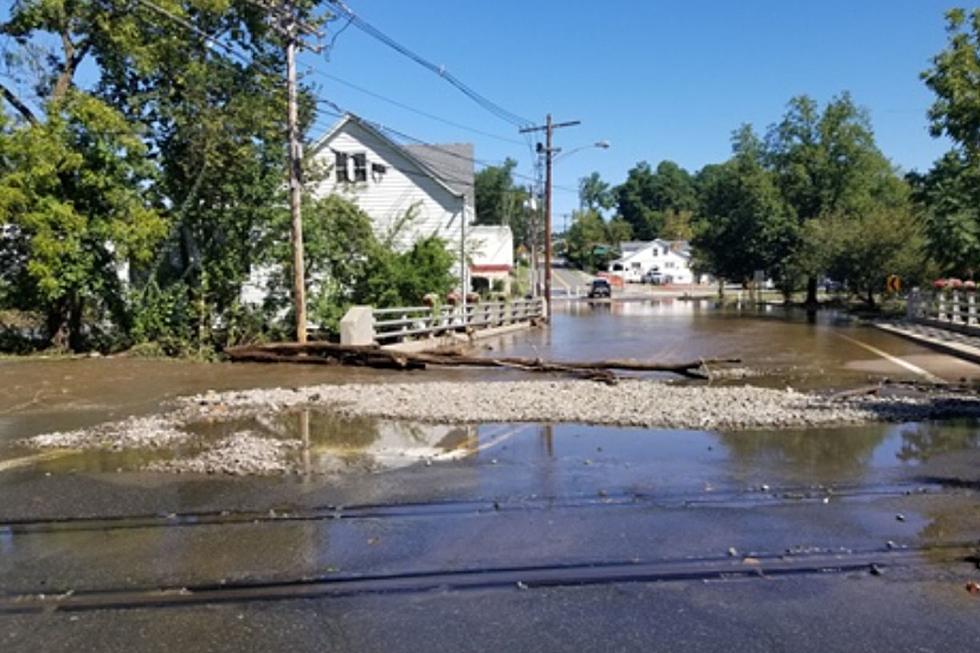
Neighborhood Gas Stations Face Hard Times
If you’re noticing a lot of new, and unfamiliar, names while shopping for gas, don’t be surprised; low demand and razor thin margins are causing many gas stations to close.
However, since many of the bigger brands like Exxon, BP, and Shell own the real estate of the businesses, when the location goes out of business, often either the current proprietor or another business will buy the facility.
“The dealer makes contracts with other either a private brand or signs a contract with a distributor and stays with the major brand,” said Sal Risalvato, president of the New Jersey Gas Station, Convenience Store, and Automotive Association NJGSCA.
While the neighborhood gas station might be a familiar concept to past generations, Risalvato said with the glut of competition, there is no more brand or proprietor loyalty; price per gallon is what matters.
“If you can put a price on the pump that is lower, somebody’s customers are going to come to you and it’s not going to matter what brand you are.”
With the profit margins for gas only a few cents, Risalvato notes convenience stores are the real money maker for many stations. However, the NJGCA head says a tougher economy means customers are less likely to spend for coffee and treats. Lower fuel consumption, both by drivers and cars, also means less time spent at a station.
“When gasoline volume is down, it’s less opportunity for people to be at the pump island and going to the store to get a cup of coffee or something else.”
The emergence of more Wawa and Quick Checks, which offer gas along with larger assortments of coffee, snacks, and hot foods, also means smaller stations are fighting for a smaller piece of the industry pie according to Risalvato.
“They [Wawa & Quick Check] are emerging as industry giants, and yes, they are pushing out the smaller retailers.”
More From Beach Radio
